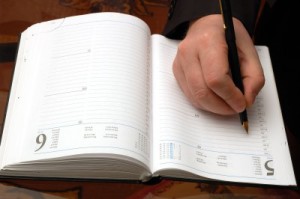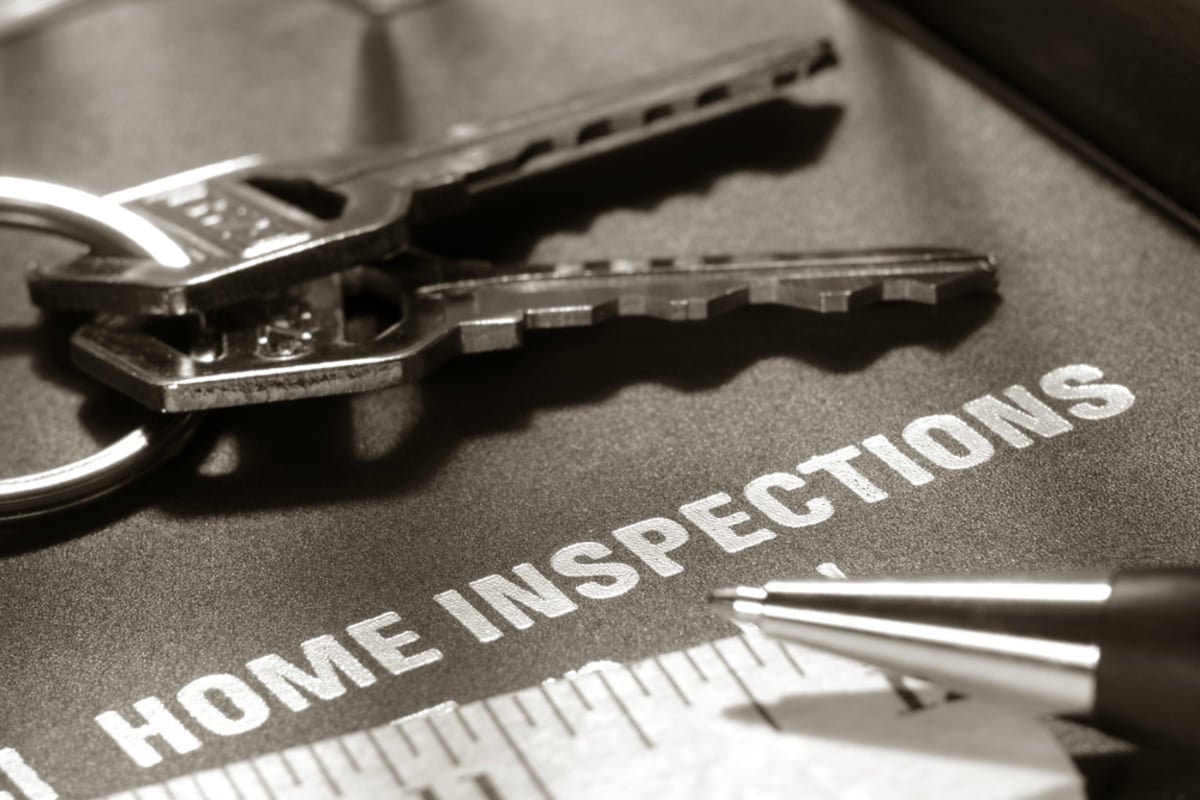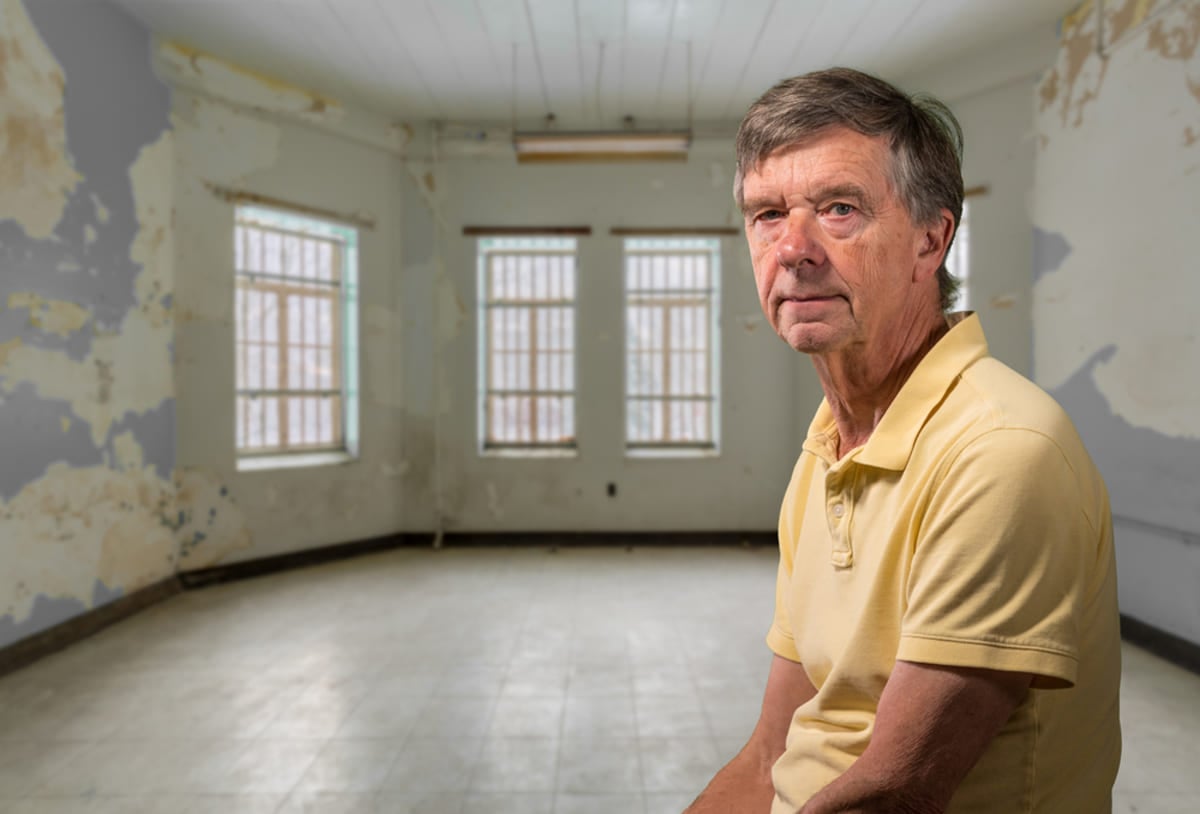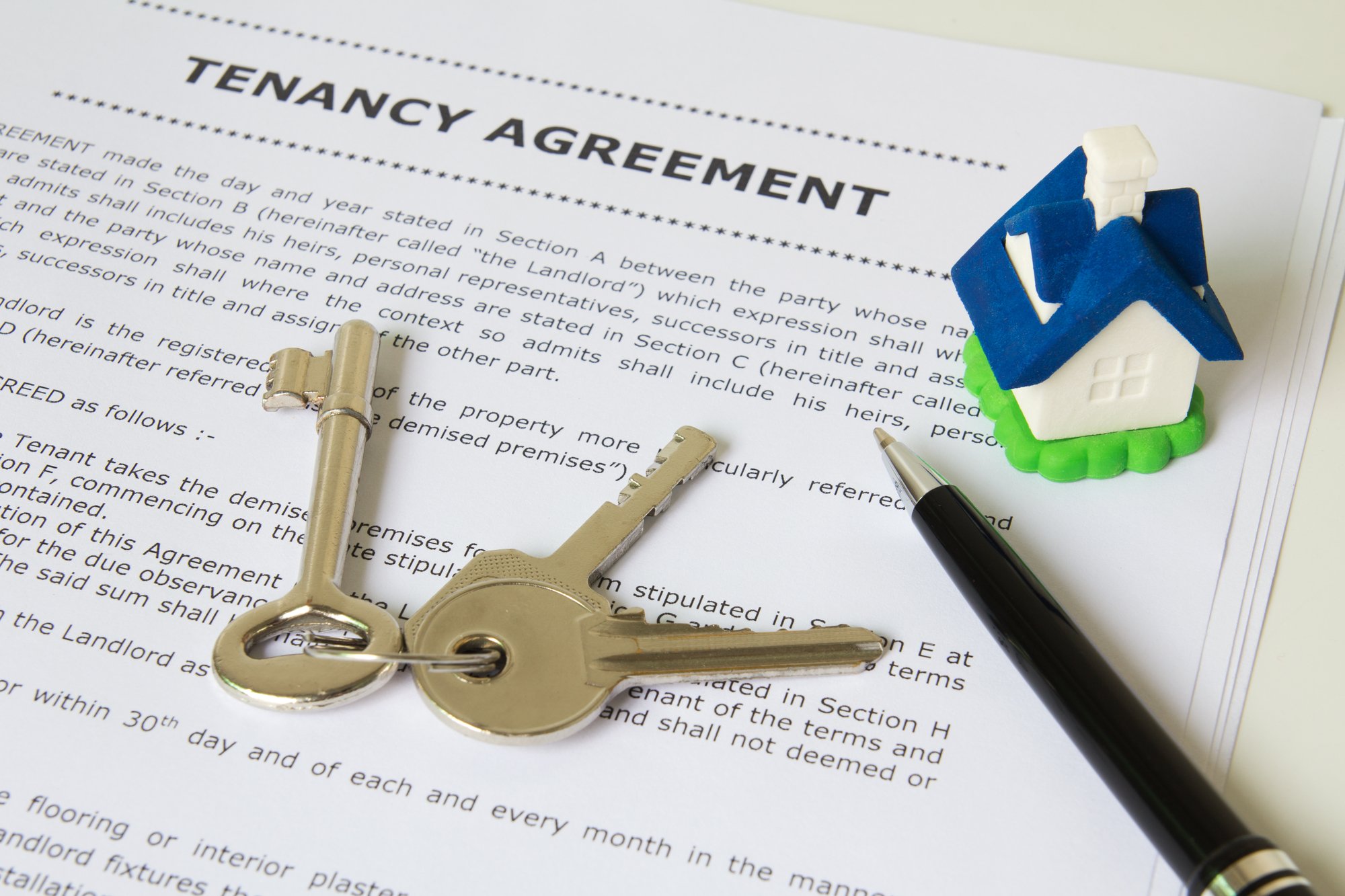by Albert Fontenot
January 23, 2015
In this continuation, I'm discussing the most common mistakes made by rookie landlords here in Charleston. Even if you are an "old-school" landlord who is been doing this for years, all you may find some information that makes your life that much easier.
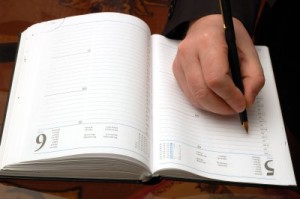
- Not Keeping Written Records
You may feel that your word is your bond, and you may even have complete trust in your tenants' promises. But as too many neophyte landlords find out to their dismay, proving what was said or agreed upon without documentation is almost impossibly hard in Charleston courts.
South Carolina law does recognize certain oral agreements. For example, Title 27, Chapter and 35, Section 10 of the South Carolina Code of Laws states "A tenancy for not to exceed one year may be created by oral agreement."
The key word here is agreement.
However, in cases where there are disputes between you and any of your tenants, being able to prove what was actually said is of critical importance if you plan on winning the case in court. Actual documentation trumps a person's memory every time.
That documentation can take many forms – copies of letters between both sides, e-mails, recordings of phone conversations or voicemails, text messages, photographs, etc. – in other words, anything that can back up your side of the story while disproving any disparaging allegations made by the disgruntled tenant.
Beyond simply protecting yourself and your interests in a Charleston court of law, keeping good records of all interactions between you and each tenant will help you stay organized and on top of things.
As you have surely found out by now, the life of a do-it-yourself hands-on independent landlord probably keeps you busy or than you ever thought you would be. The more properties and tenants that you have, the more phone calls with their concerns and problems you're going to receive, and it can be very easy to become quickly overwhelmed.
Since requests for service and maintenance calls are frequently a source of tension between landlords and tenants, this documentation will help ensure that those issues are handled properly.
This brings us to the next avoidable mistake made by new Charleston landlords…
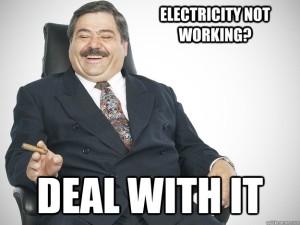
- Neglecting or Ignoring Tenants
Admit it – when you first became a landlord, you thought that it would be a relatively easy way to create long-term income. You probably gave very little thought to the actual work that it would involve – the after-hours calls, the maintenance emergencies on the weekends, and the always-pleasant chasing deadbeat tenants around the past due rent.
Some landlords have found a way around having to make such a significant commitment of their time. They simply choose to ignore or avoid their tenants as much as possible. They are never available by phone and they never answer messages left on their voicemail. On those rare occasions when they can be contacted, they make vague promises, and then break those promises with excuse after excuse. Tenants’ concerns remain unaddressed.
This lack of contact often also means that the rental property can also become neglected. The old saying, "While the cat's away, the mice will play," is equally applicable when it comes to wayward tenants.
If months go by without you ever personally and physically checking up on your rental property, you might not be aware of any unacceptable conditions or behaviors that are causing damage. The worst part is that this progressive and costly damage is almost certainly preventable if you as the landlord make regular appearances.
Bad feelings and bad tenants are both created by absentee landlords.
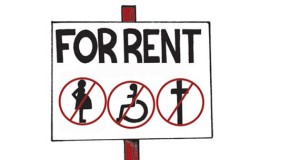
3. Asking Unlawful Questions on Rental Applications
In 1968, President Lyndon B. Johnson signed into law the Civil Rights Act, also known as the Fair Housing Act. Under this federal law, it is illegal to deny a rental application based on color, race, national origin, religion, sex, handicap, marital or family status.
While most landlords today will not overtly deny a tenant's application based on any of these factors, it is far too easy to inadvertently violate the letter of the law and thereby open yourself up to lawsuits claiming discrimination.
A landlord has the legal right to set any conditions they want for tenancy, as long as antidiscrimination laws are not violated. What many new landlords do not realize is the very fine line that separates legal application questions from those that are illegal.
For example, "family status" refers to whether or not a tenant has or intends to have children. For health and safety reasons, a landlord may legally ask a prospective tenant how many occupants will live at the property. What they may not do is ask questions to eliminate families with children.
Likewise, it is illegal to ask a prospective tenant about their country of birth, their parents’ place of birth, or their first language. All of these can be construed to be discriminatory.
For many new landlords, it comes as a surprise that offense is taken when they "innocently" ask a question or make an offhand comment with only the best of personal intentions.
Some examples of those illegal questions or discriminatory comments would be –
"Are you Chinese or Vietnamese? You will love the area, because there are a lot of Asians in this neighborhood." (Race/National Origin)
"Are you Catholic? There's a Catholic Church right around the corner." (Religion)
"I'm not sure if you'll be comfortable here, because you are white, and most of your neighbors are African-American." (Race)
"Do you have a problem with alcohol or drugs?" (Disability)
The federal law does not protect individuals who are lesbian, gay, bisexual, or transsexual (LGBT), but Charleston and North Charleston have amended local legislation to prohibit discrimination against individuals based upon their sexual orientation.

2. Performing Inadequate Tenant Checks
Most new landlords understand the need for a rental application with current information on the prospective tenants, but the majority of them it only use that information as a means to contact the applicant. These landlords base their approval on their "gut" feeling, rather than the results that would come from actually following up and verifying what is on the application.
It is possible to rent to a much higher class of tenant and potentially avoid a lot of unnecessary headaches if you actually perform your due diligence and go to the trouble of obtaining a credit report, running a criminal background check, and verifying the listed employer and former landlord references.
Just by performing this very simple step, you as an inexperienced landlord will be able to get a better handle on your prospective tenant's job status, income, rental history, evictions, and criminal record. All of these will put more complete picture of their suitability.
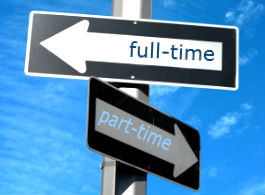
- Thinking of This Business as a Hobby
Attempting to be a part-time landlord or someone who just "dabbles" in the rental business is definitely the most grievous sin committed by new landlords in the Charleston area. Many newbies grossly underestimate the time commitment needed and the work involved in being a professional landlord.
At the best of times, being an independent landlord requires a significant investment of one's time in order to adequately meet the needs of your tenants, keep up with maintenance and repairs, perform cleanup and make-ready tasks between rentals, advertise during vacancies, interview and check out prospective tenants, collect and deposit rents, work with contractors, and all of the seemingly-endless chores required.
It will require being available after "normal" working hours and on weekends and holidays. It will definitely affect vacations and trips. At times, it will seem like you are on duty 24 hours a day, seven days a week, because in a very real sense, you are. Obviously, this is because the issues and problems faced by tenants won't always happen between the hours of 9 AM and 5 PM, Monday through Friday.
Being a landlord in Charleston can be a very lucrative undertaking and one of the best financial investments you may ever make. At the same time, it can be extremely frustrating when the problems caused by making these common rookie mistakes begin to pile up. Take the time to focus on avoiding these "new landlord" pitfalls, and you will find your long-term chances of success greatly multiplied.
